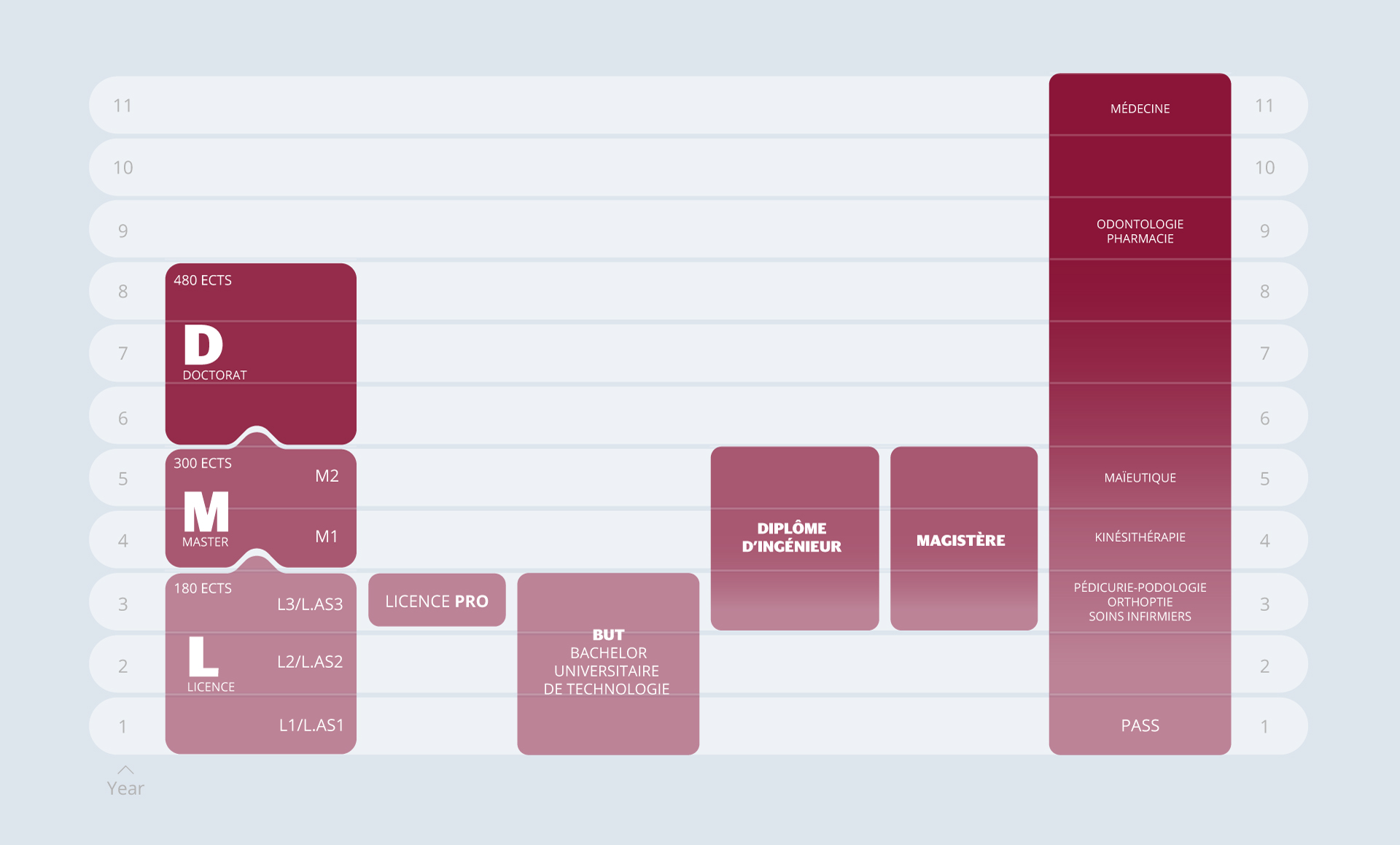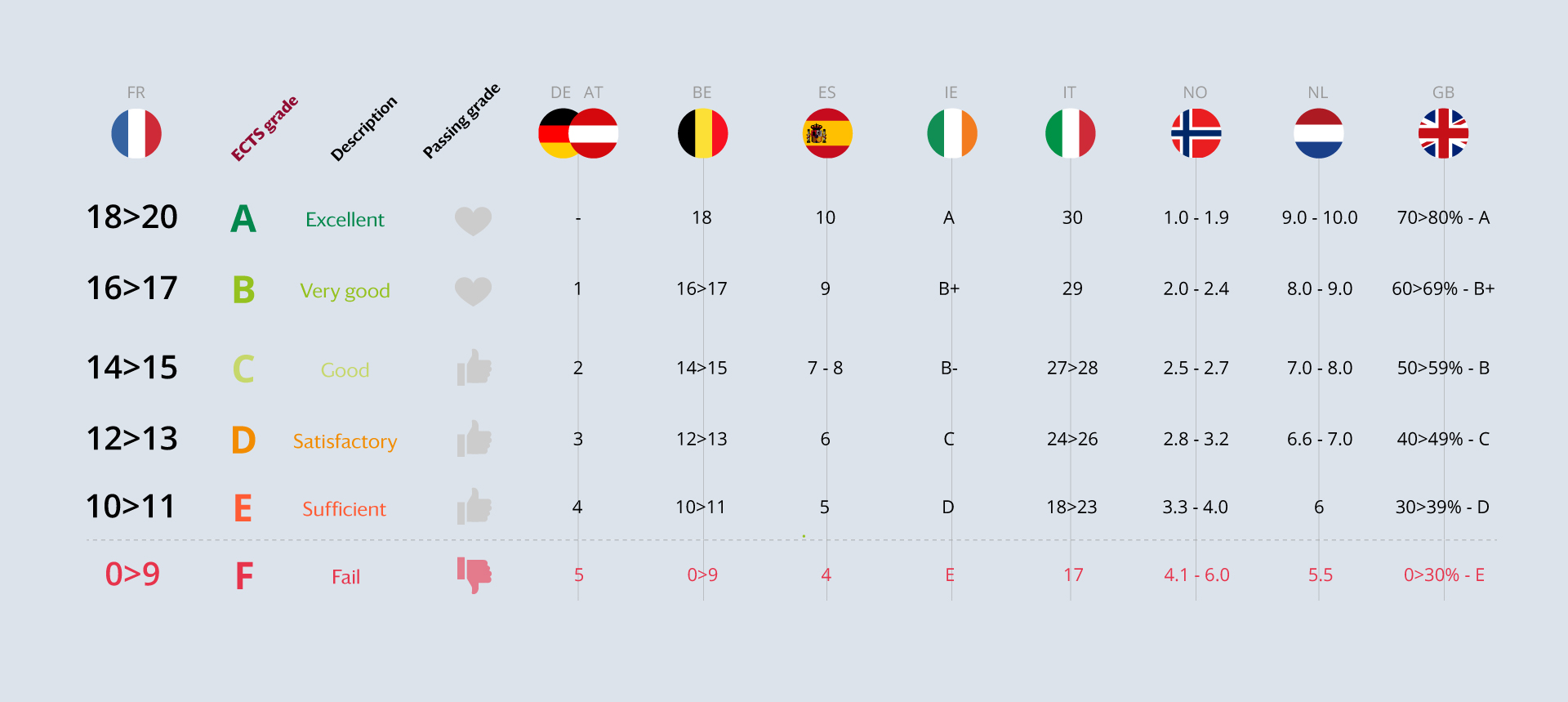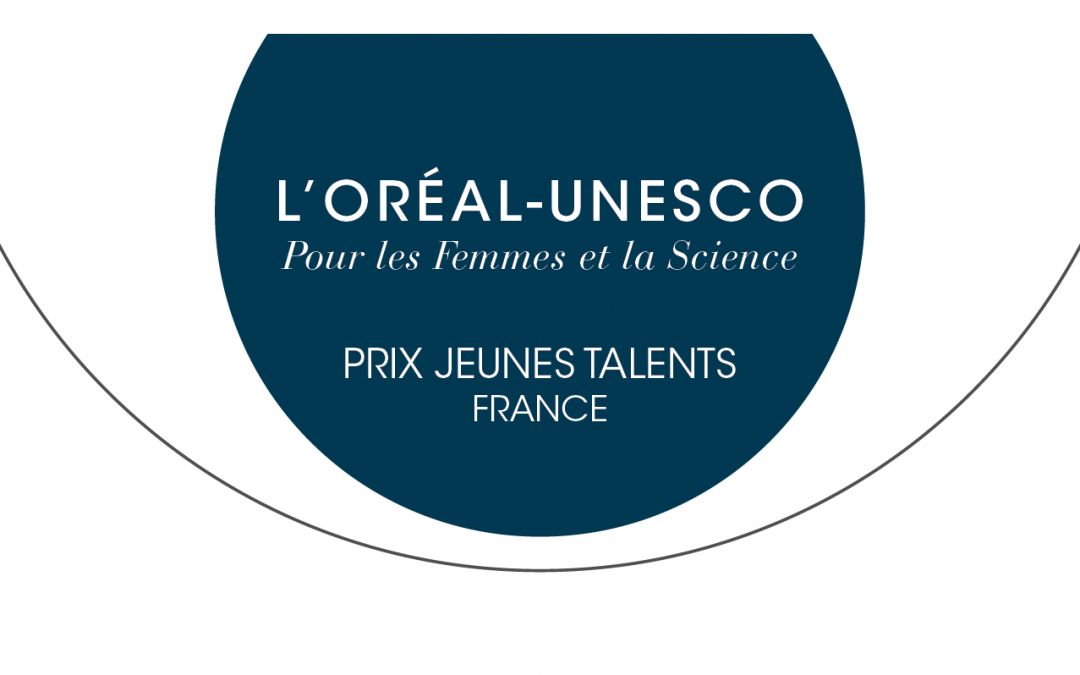Higher Education in France
The Higher Education structure in France is based on the LMD system. LMD refers to the degree level and stands for “Licence-Masters-Doctorate”. In other words, “Bachelor’s-Master’s-Doctorate” degrees. These three levels are recognised by many countries in the European Union and around the world, facilitating international educational student mobility.

© Université Paris Cité DOWNLOAD
Degrees
There are three types of university degrees :
- Licence (L1, L2, and L3) is an undergraduate degree granted after 3 years of study.
“L1” stands for “year 1” and so on… - Master’s (M1, M2) is a graduate degree granted after completing 2 years of study.
You must hold a Licence to apply for a Master’s degree - A doctorate is granted after completing a minimum of 3 years of study.
You must hold a Master to apply for a doctorate
There are two types of Masters Degrees :
- Research > preparing students to go on to doctoral studies
- Vocational > preparing students predominantly for professional activities, although this does not exclude going on to doctoral studies for a minority
The LMD is complemented by :
- an undergraduate degree awarded at a “Universitaire de Technologie” or an IUT, University Bachelor of Technology.
It is prepared over three years, this degree fosters the pursuit of studies while allowing direct access to employment. - An engineering degree (diplôme d’ingénieur). The national institute for engineering qualifications provides engineering schools with accreditation, thus enabling them to award these degrees.
Students will only be awarded their degree after successfully completing the required number of semesters.
Semesters and ECTS Credits
Each semester the student completes up to 30 ECTS (European Credits Transfer System). These are valid in, and can be transferred to other countries. 30 credits are required to validate a semester, and 60 credits are needed to validate an academic year.
- Bachelors: requires successful completion of six semesters, resulting in 180 ECTS credits.
- Masters: an additional four semesters are required after the bachelor’s degree. 300 ECTS are required to earn a Master’s degree.
- Doctorate: is granted after successfully completing sixteen semesters. It awards 480 ECTS credits in a minimum of eight years of studies, starting from the first year of the Bachelor’s programme.
The European Credits Transfer System (ECTS) guarantees the mutual academic recognition of studies carried out. Such recognition is ensured by:
- Outline, prior to going abroad, of a programme of studies bilaterally approved by the home institution and host institution, including the ECTS credits that will be given after requirements are met (examination, assessment, etc.)
- Establishment of a grade transcript clearly presenting the learning outcomes achieved, transferable from one institution to another. It indicates for each course taken not only the ECTS credits, but also the grades obtained according to the local grading system and in accordance with the ECTS grading scale. The combination of these two sets of grades and ECTS provides a qualitative and quantitative summary of the work accomplished.
Equivalences between French and foreign degrees
Each institution is able to set its own admission criteria, based on the applicant’s background and the requirements of each programme.
There is no pre-established set of equivalences between French and foreign degrees that is officially recognized in France.
For more information, visit the official website France Education International for any reference to the equivalence of foreign diplomas.
Academic calendar
In France, the academic year starts in September or October, depending on the institution and programme. It includes two weeks of winter holidays. At the end of the first semester, classes are temporarily suspended for exams. The summer holidays usually start in May or June at the end of the second semester exams. They typically last for two months.
Grading
French universities traditionally grade in a stricter way than secondary schools. This means that students are unlikely to receive marks as high as they did in secondary school.
The ECTS grading scale facilitates the interpretation of grades obtained in another institution under a different grading system. It does not replace the local grading system. Its use remains within the discretion of the higher education institutions concerned.
The French grading system is typically on a scale from 0-20. In order to pass a subject you usually have to achieve 10 points. Students are considered to have passed if at the end of each academic year the average of his/her grades is at least 10 out of 20.
A grade of 20 signifies a perfect score and is virtually never granted. Scores of 19 and 18 are also rarely attributed. Depending on the subject, a score of 16 would be an excellent grade. However, in some circumstances a 12 could also be considered as an excellent result.

© Université Paris Cité DOWNLOAD
Instruction
In French universities, there are different ways in which professors teach their courses to students. The instruction is delivered in the following manner :
Lectures (cours magistraux)
A professor presents a subject to students in an amphitheatre, which can hold from 100 to over 1,000 participants. These classes are often written up and handed out by the instructors to students in the form of pamphlets. These supporting materials can prove to be helpful for students when they need to prepare for exams at the end of the semester.
TD – tutorials (travaux dirigés) and TP- practical or lab work (travaux pratiques)
These are compulsory classes for smaller groups of students. They complement the lectures, with the aim of applying and strengthening theoretical understanding. Internships or “stages” at companies may also be required in addition to the tutorials and practical work.
Read more

Prix Jeunes Talents France L’Oréal-UNESCO Pour les Femmes et la Science : Appel à candidatures 2026
La Fondation L'Oréal, en partenariat avec la Commission nationale française pour l'UNESCO et l'Académie des sciences, déclare officiellement ouvert l'appel à candidatures de l'édition 2026 du Prix Jeunes Talents France L'Oréal-UNESCO Pour les Femmes et la Science :...

International Day of Women and Girls in Science: celebrating the women who push research forward
February 11 was the International Day of Women and Girls in Science. On this day, Université Paris Cité reaffirms its commitment to the equality between men and women and celebrates the journey of the women who advance research. Between celebrating our heritage and...

Suivi des maladies chroniques : un patient sur deux serait ouvert à la téléconsultation
L’étude REACTIVE, coordonnée par la Dre Tiphaine Lenfant et le Pr Viet-Thi Tran et menée par des équipes de médecine interne de l’hôpital européen Georges-Pompidou AP-HP, du centre d’épidémiologie clinique de l’hôpital Hôtel-Dieu AP-HP, de l’Université Paris Cité, de...

Journée internationale des femmes et des filles de science : célébrer celles qui font avancer la recherche
Le 11 février marque la Journée internationale des femmes et des filles de science. À cette occasion, l’Université Paris Cité réaffirme son engagement en faveur de l’égalité femmes-hommes et célèbre le parcours de celles qui font avancer la recherche. Entre un...
